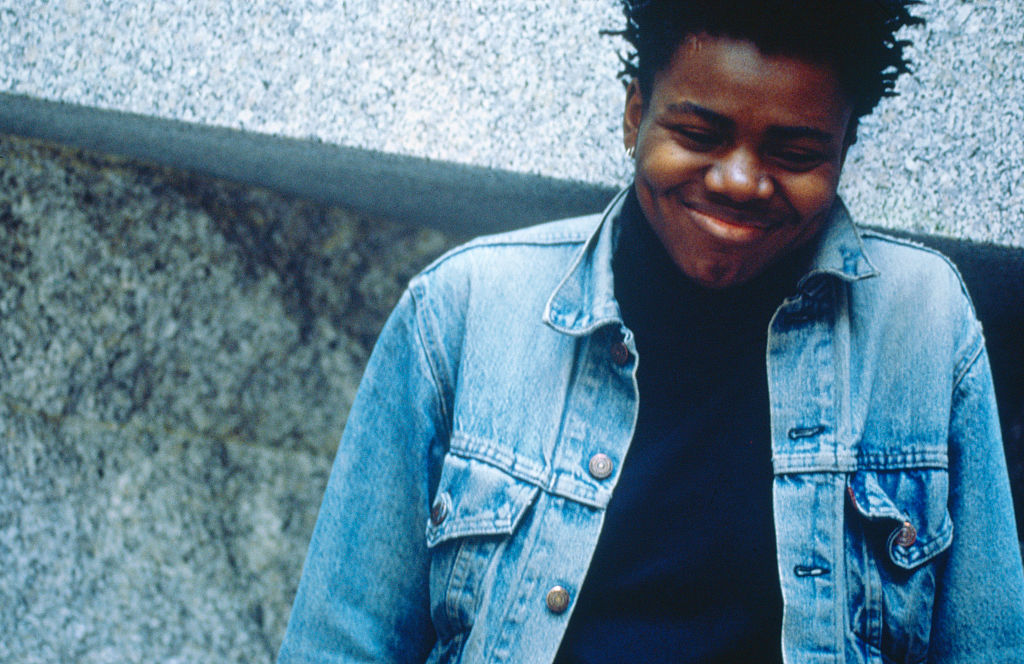A 24-year-old folk singer from Cleveland named Tracy Chapman first captivated millions with a performance at a 1988 tribute concert for Nelson Mandela, which helped turn her song “Fast Car” into a top 10 hit. History repeated earlier this month when Chapman sang the track with country star Luke Combs at the Grammy Awards, propelling the original recording back up the charts.
The duet was a welcome return to the spotlight for Chapman, who hasn’t released an album or performed a full concert in 15 years. Her clear tenor, controlled vibrato and socially conscious songs always made her an anomaly on the pop charts, and she’s backed up her lyrics with frequent support of activist causes and charity events. Chapman released eight albums on Elektra between 1988 to 2008, often with assistance from stars such as Neil Young, Vernon Reid and Flea. Her catalog is rich and rewarding beyond “Fast Car” and “Give Me One Reason,” but what are Chapman’s very best albums?
8. Matters of the Heart (1992)
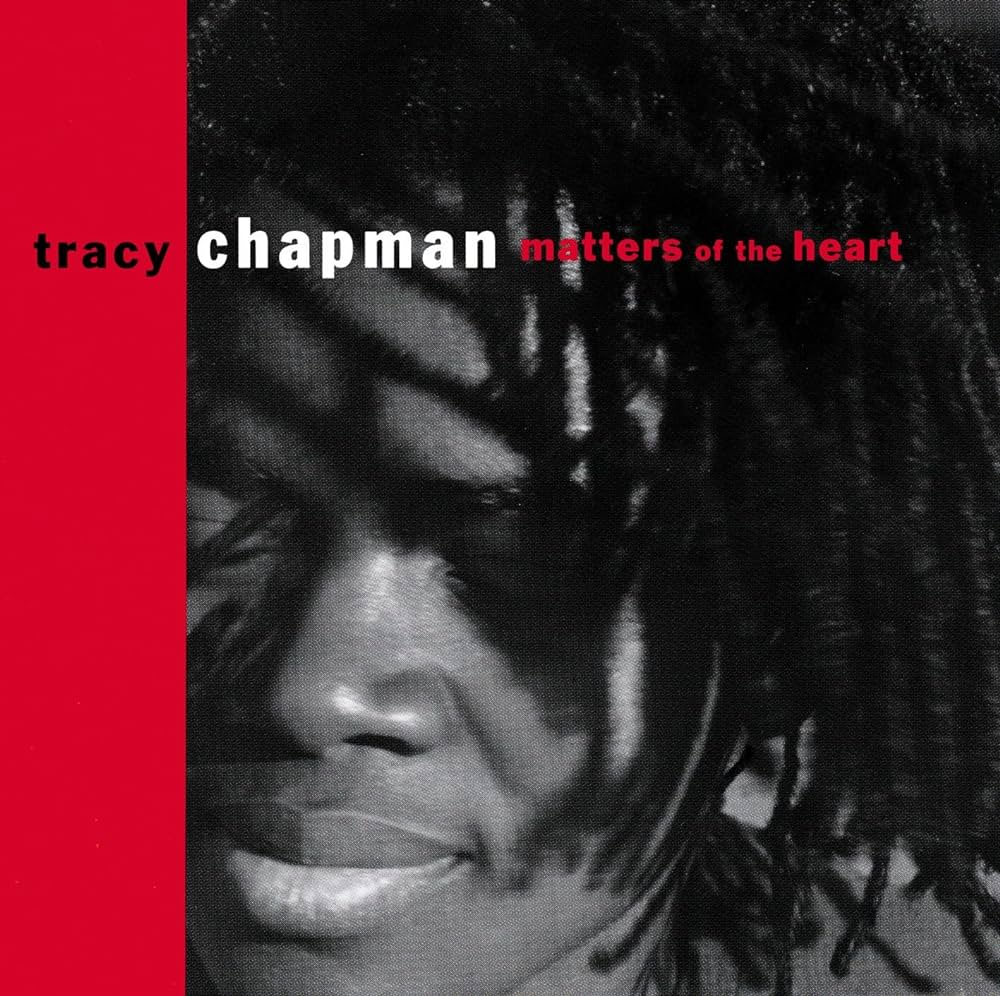
Jimmy Iovine may have produced massive hits for Tom Petty and Stevie Nicks before becoming a music business mogul, but he also steered the least successful album of Chapman’s first decade on Elektra. Matters of the Heart has a jazzy, subdued sound, with lots of fretless bass and soft synth pads, and it feels just a little more sterile and professional than her other albums. True to its title, Matters of the Heart is more centered on personal relationships than social ills, and it contains perhaps one of her finest love songs. “Open Arms,” which featured soul legend Bobby Womack on guitar, was never released as a single, but Chapman performed it on The Tonight Show and included it on her Greatest Hits collection in 2015.
7. Telling Stories (2000)
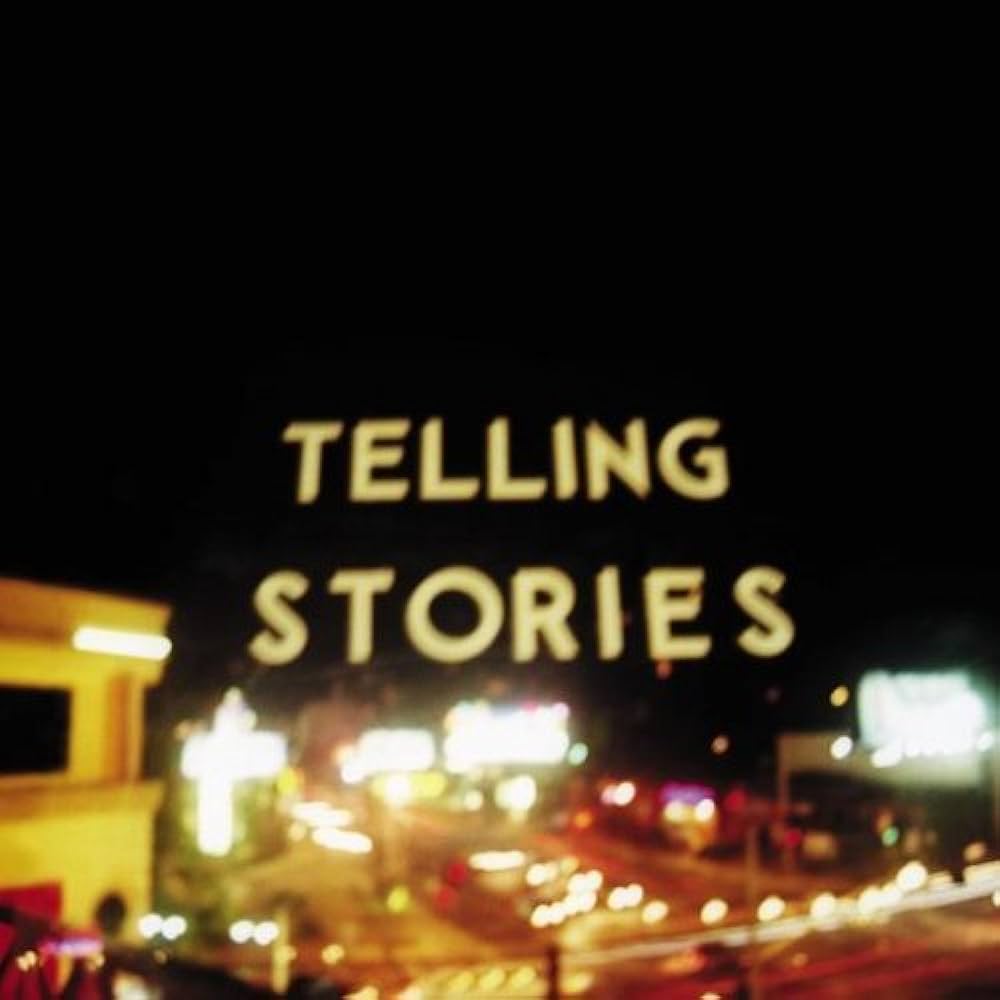
Telling Stories reunites Chapman with David Kershenbaum, who produced her first two albums. Following in the footsteps of classics such as Bob Dylan’s Bringing It All Back Home, Chapman bifurcated the set into an electric first half and an acoustic second half. Emmylou Harris’ harmony vocal on “The Only One” is an arresting moment which throws into sharp relief how unremarkable most of the album is. “Her silvered-gauze voice, after 12 years on the scene, shows no signs of stress, no evidence that she feels any pressure to try for a hit. She knows what she does well and sticks to it, and if the resulting songs don’t shake the earth, there’s no getting away from their careful craftsmanship,” Stephanie Zacharek wrote in the Rolling Stone review.
6. Our Bright Future (2008)
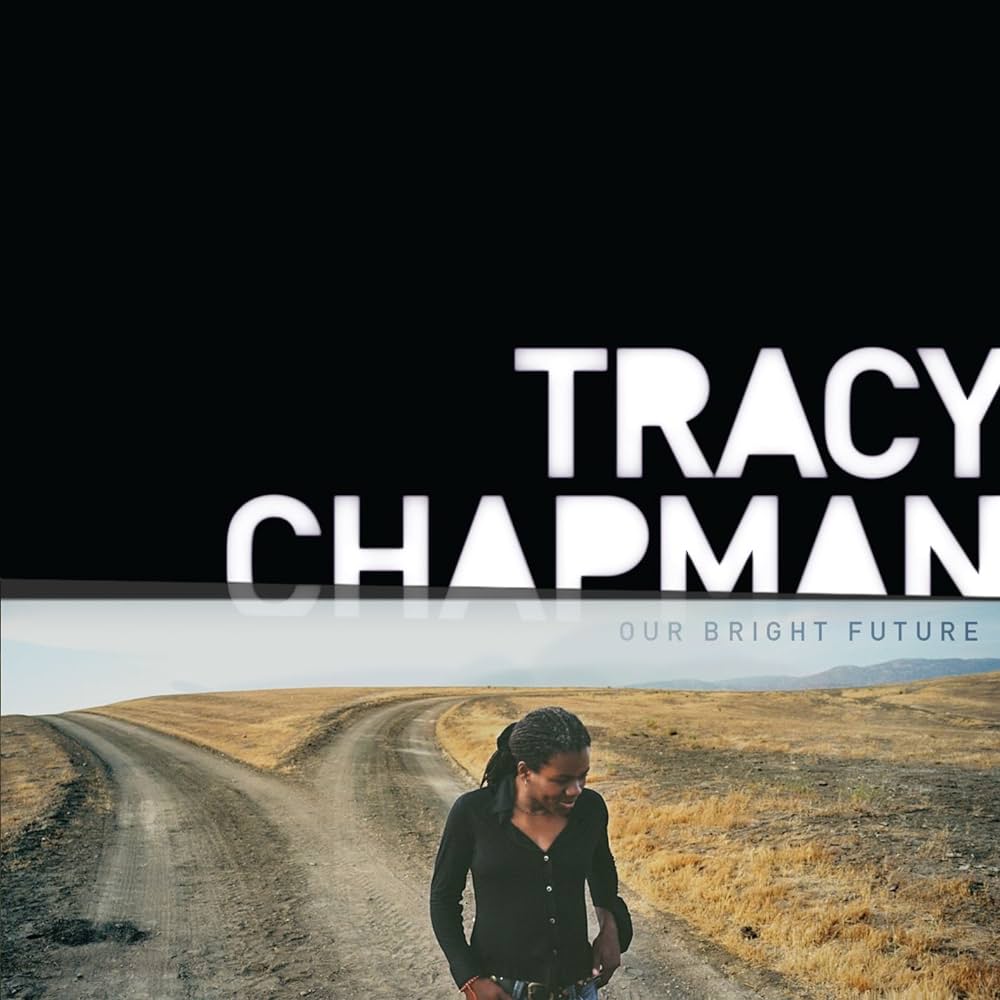
Chapman has not made an album since this one and has only given a handful of brief performances since completing a 2009 tour. If she never records again, “I Did It All” would be a fitting swan song, a swinging and dryly funny look back at one’s life that could be considered Chapman’s “My Way.” There’s a wit in Chapman’s lyrics and a melodious lilt to her vocals here which brings Joni Mitchell to mind more than usual – perhaps not coincidentally, the album was produced by Mitchell’s ex-husband and longtime collaborator Larry Klein.
5. Let It Rain (2002)
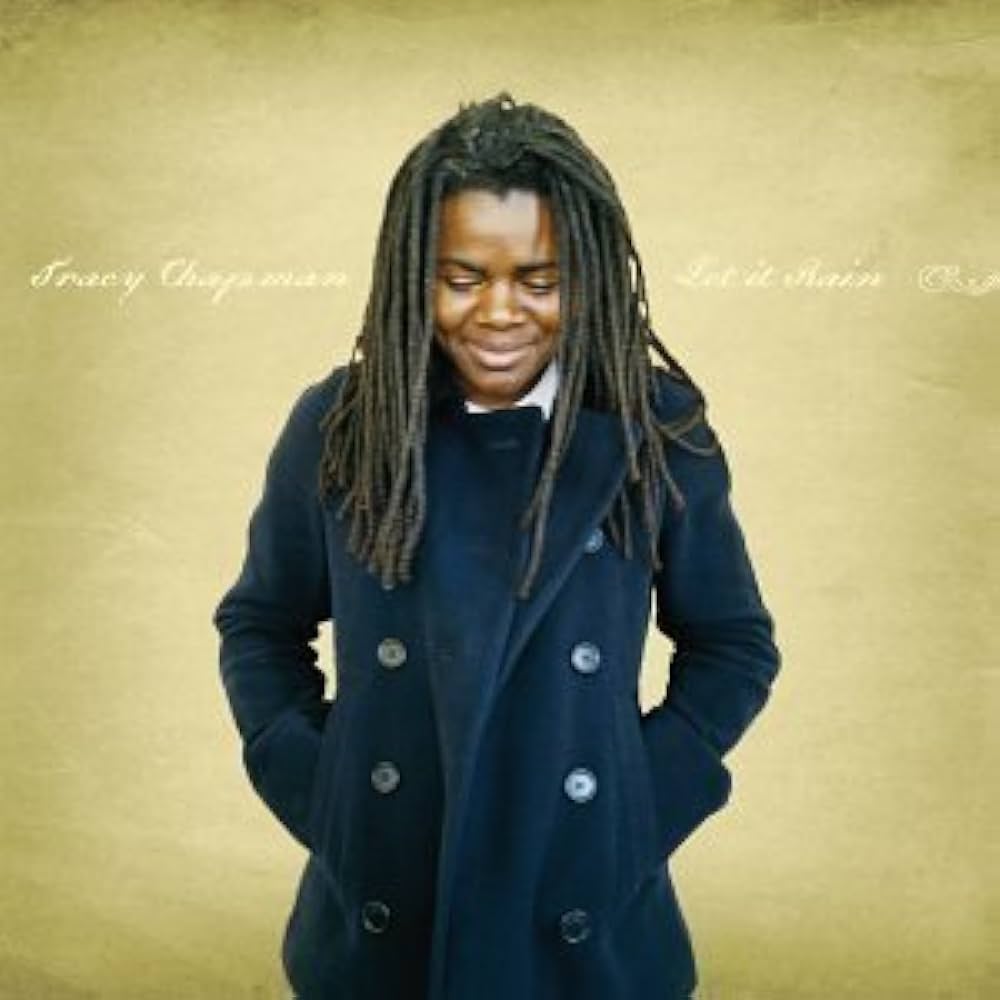
British producer John Parish, best known for his work with PJ Harvey and Sparklehorse, gives Let It Rain a (no pun intended) very dry, stripped-down sound. More than any other Chapman album, the listener feels like they’re right there in the room with her as she jams with a small band and even plays clarinet and banjo. This approach has a particularly haunting effect on more stark and minimal compositions such as “In the Dark” and “Almost.” However, other songs suffer from it and come off more like demos than finished recordings for an album released on a major label. Retrospectively, Chapman seems to have a particular affection for the songs on Let It Rain, and back in her touring days would play them often alongside better-known tracks from her debut and New Beginning.
4. Crossroads (1989)
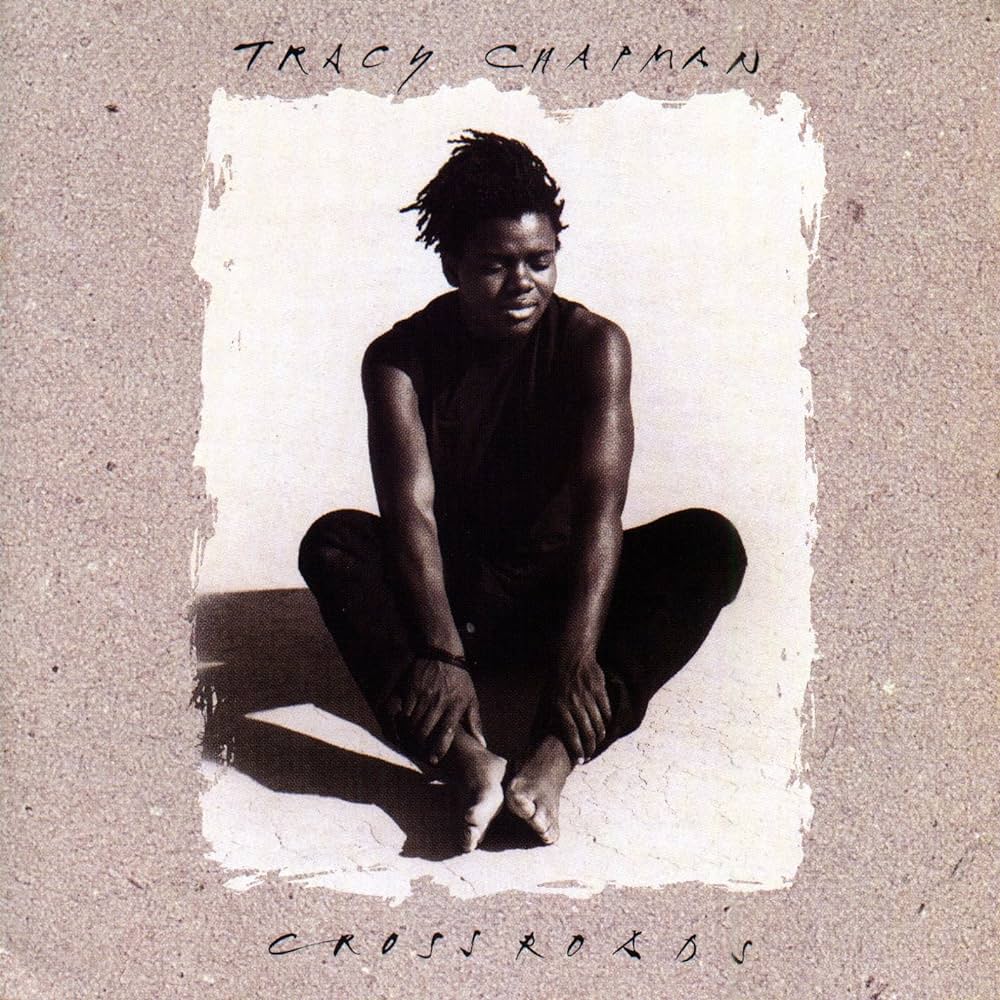
Just 18 months after her debut, Chapman returned with a sophomore album which turned towards more spiritual themes. Crossroads is a portrait of a young star suspicious of the temptations of wealth and fame. “Material World” is a pointed rejection of the kind of mainstream acceptance Chapman had won: “Call it upward mobility, but you’ve been sold down the river / Just another form of slaver y/ And the whole man-made white world is your master.” Chapman’s career had enough momentum at this point to garner platinum status for Crossroads, but the album conjures the spirit of Neil Young’s deliberately uncommercial albums after Harvest, and Young himself plays on closer “All That You Have Is Your Soul.” Still, “Freedom Now” is so unendingly catchy and inspiring that it’s a wonder it didn’t become an enduring protest anthem, and “Be Careful of My Heart” is sweetly vulnerable and lovelorn.
3. New Beginning (1995)
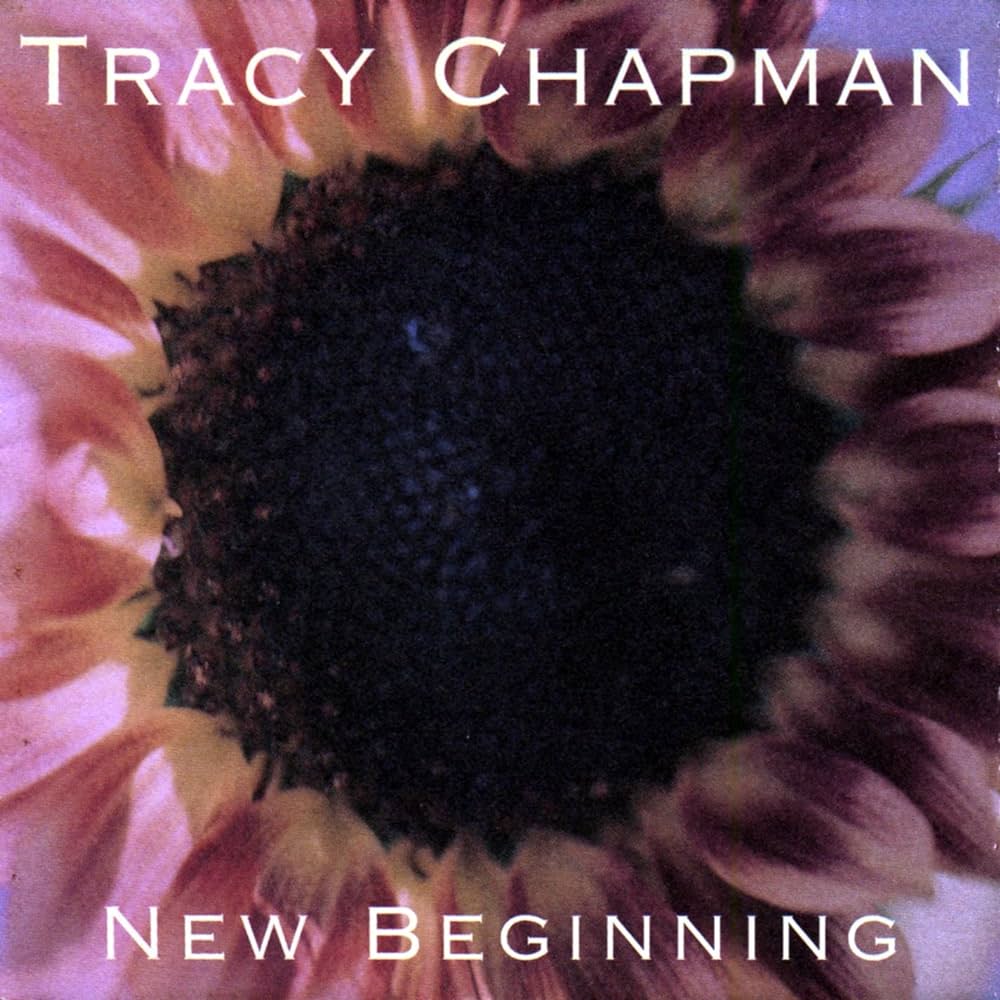
Chapman incorporated the bluesy breakup song “Give Me One Reason” into her sets in 1988 and played it on Saturday Night Live a year later. It’s unclear why it wasn’t officially released for another seven years, but it scored Chapman a No. 3 hit on the Billboard Hot 100 once it was. Following a lack of hits on Crossroads and Matters of the Heart, the aptly titled New Beginning brought Chapman’s career back into the mainstream. The album racked up quintuple platinum sales and five Grammy nominations, with a Best Rock Song win for “Give Me One Reason.” Most comeback albums sound like a deliberate attempt at a “comeback album” on some level. However, things never feel forced or calculated with Chapman on songs such as the sobering environmentalist protest “The Rape of the World.” Longtime John Mellencamp producer Don Gehman provides a sturdy and accessible sound for New Beginning, which features more electric guitar than her acoustic ‘80s albums. There’s also a subtle international flavor to the album, with a diverse range of instrumentation including didgeridoo, Uillean pipes and tanpura. “Her resonant voice imbues these low-key songs with a warmth that seduces you even as you wince at the sappy sentimentality of it all,” Tom Sinclair wrote in the Entertainment Weekly review.
2. Where You Live (2005)
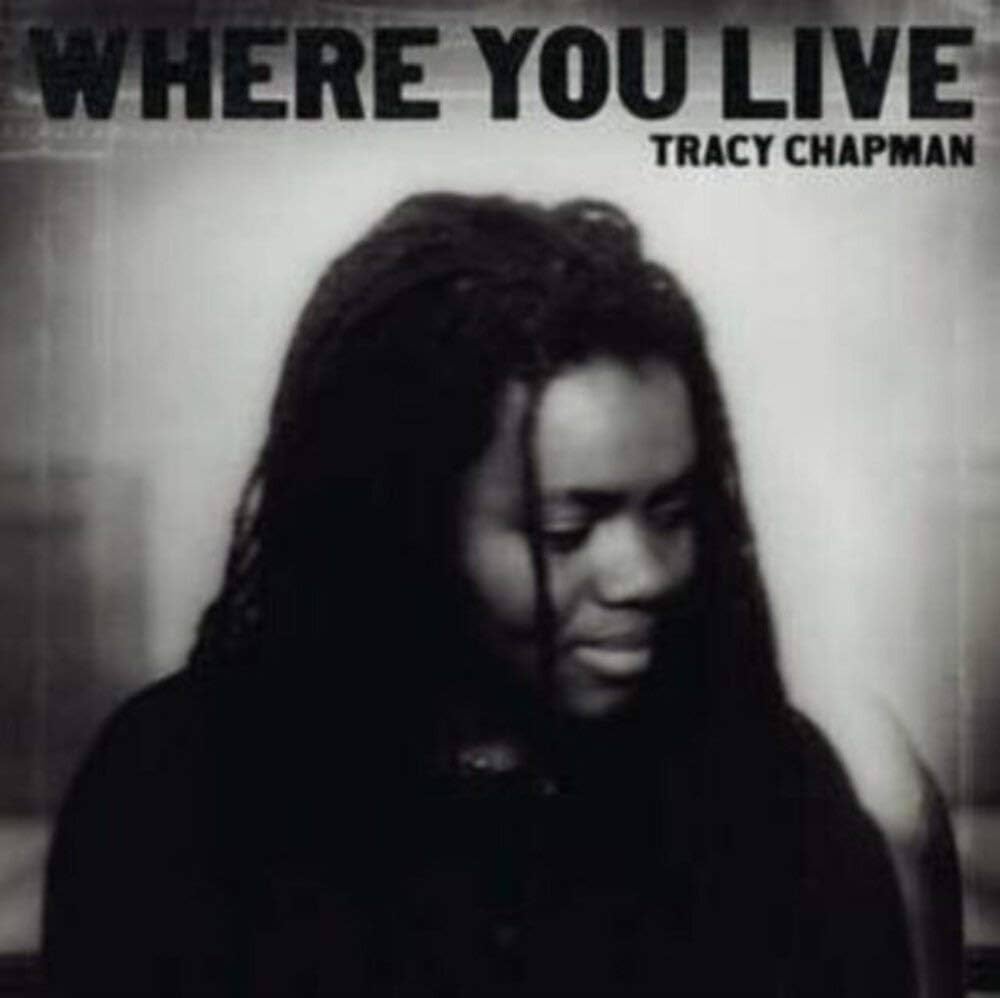
No one records drums like Tchad Blake, a producer who has beautifully captured the textures and dynamics of sticks hitting drum heads for artists ranging from Los Lobos and Pearl Jam to Soul Coughing and Cibo Matto. On Where You Live, Blake provides Chapman a finely detailed array of ear candy with an ensemble including frequent collaborator Mitchell Froom on celeste and Wurlitzer and Red Hot Chili Peppers bassist Flea in restrained sideman mode. A song such as “3,000 Miles,” which might have sounded very simple as a solo acoustic performance, comes alive with almost psychedelic textures in the six-minute arrangement on Where You Live. Chapman’s words, and her quietly intense voice, are always the focal point of her albums, and “America” is a stirring treatise against colonialism, but Where You Live is an underrated gem of her catalog thanks to Blake’s vivid and inventive production.
1. Tracy Chapman (1988)
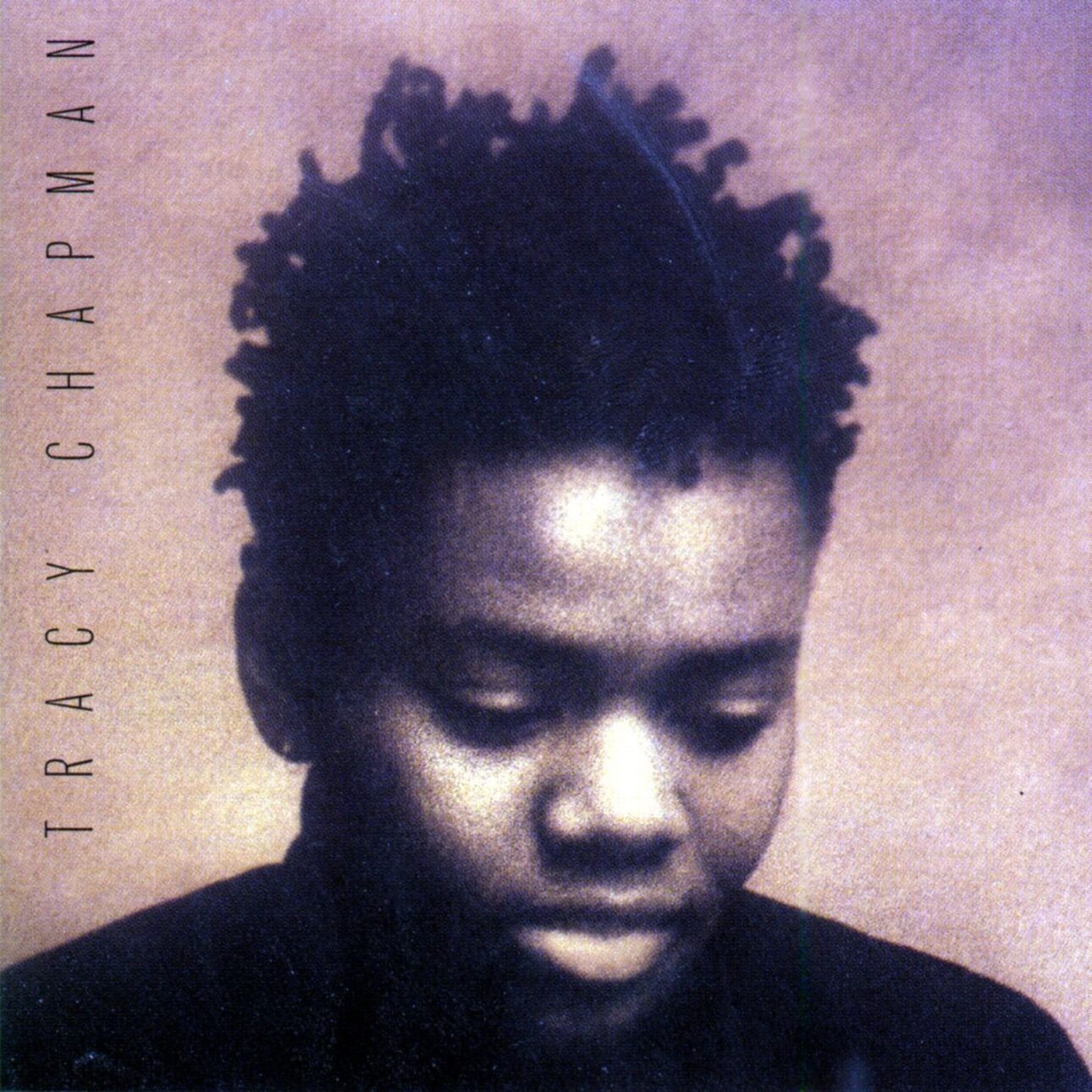
After spending her college years busking around Boston, Chapman arrived in the studio for her debut album with a handful of future hits already written. “Talkin’ Bout a Revolution” updated the classic protest song form for the late ’80s, and the sensual love song “Baby Can I Hold You” has become something of a standard, covered by everyone from Boyzone to Andrea Martin. Then there’s the all-time great “Fast Car,” an empathetic but devastatingly unflinching story song about a down-and-out couple in a small town. The entire album is up to the same standard as its singles, as Chapman fearlessly tackles big ideas and even bigger emotions on nearly every song: race riots on “Across the Lines,” greed and consumer culture on “Mountain O’ Things,” inequality on “Why?” A veteran of the singer/songwriter explosion of the ‘70s, producer David Kershenbaum (Joan Baez, Cat Stevens) was the perfect choice to add a little pop sparkle to the coffee shop intimacy of Chapman’s songs, which seemed to bring the right message to the pop charts at the right time thanks to this timeless, unadorned acoustic sound.

